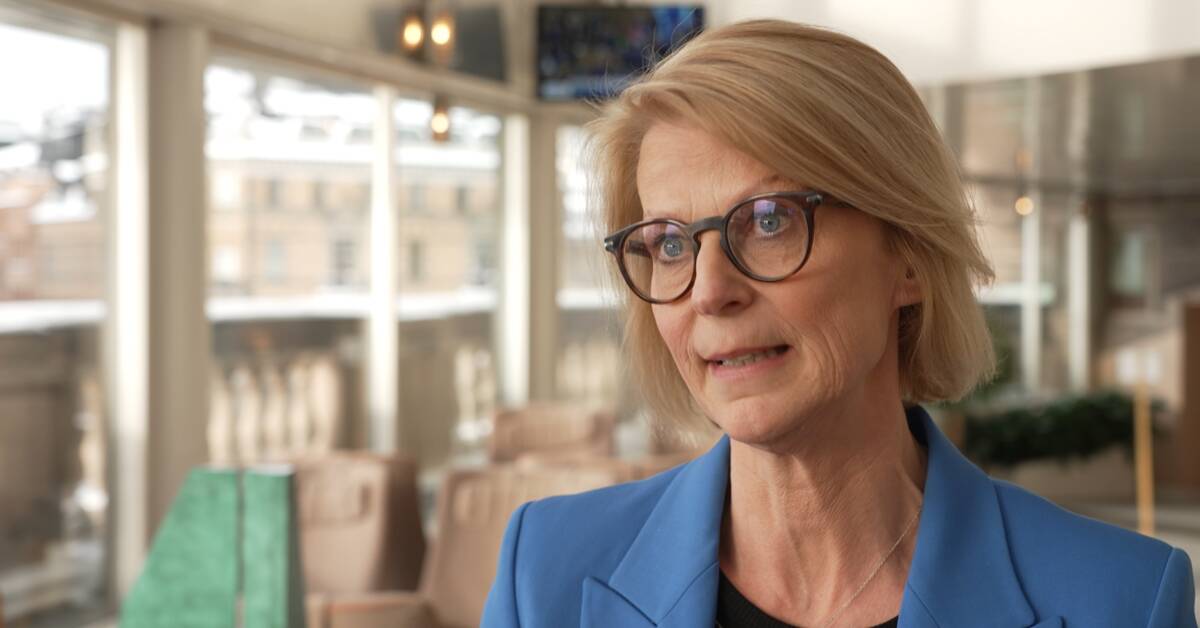In nine months, the Riksbank has raised the key interest rate from zero to three percent.
The Riksbank is talking about further interest rate increases and economists believe that it may also be more than what the Riksbank suggests.
Interest rate shock awaits many
The borrowers who had longer commitment periods have been fully or partially protected.
But this year, a whopping 72 percent of Swedes' total loans, most of them mortgages, fall due.
More people thus receive an interest rate shock when a previously fixed cost is raised to the levels that now apply.
- And my answer, what I can do about this, is to continue to fight inflation.
If we do nothing about it, interest rates will continue to rise, says Finance Minister Elisabeth Svantesson (M), to SVT.
Even before this year's loan maturity, with increased interest rates for more borrowers, has become a reality, households have been putting the brakes on purchases.
Compared to previous interest rate increases in the 2000s, today's fall in consumption stands out, even if it rose slightly in January, shows a review by the trade union LO.
No margins
The medicine against inflation - the interest rate - has, together with what it is supposed to fight, become a wet blanket over people's finances.
The opposition leader now wants the government to act against the banks.
- They can call in the banks because it is not time for the banks to have large margins on the Swedes' mortgages, says Social Democrats party leader Magdalena Andersson.
Finance Minister Svantesson emphasizes once again that bank customers can already influence how much goes to bank loans:
- There is a valve for those who have the toughest.
You can turn to your bank and get a break on your repayments.

